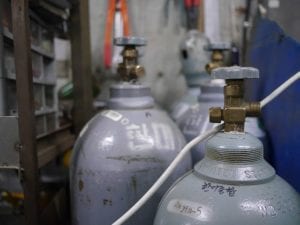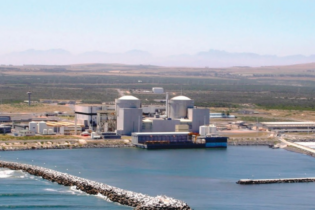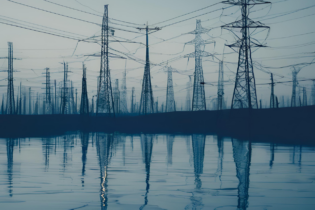 Easy to transport, half as pollutant as coal and a suitable companion to renewable energy, Liquefied Natural Gas (LNG) is fast becoming a popular energy source in South Africa.
Easy to transport, half as pollutant as coal and a suitable companion to renewable energy, Liquefied Natural Gas (LNG) is fast becoming a popular energy source in South Africa.
Government documentation shows that preferred bidders will soon be announced for multi-billion-dollar gas-to-power projects by the end of March 2017. This is part of government efforts to diversify energy production away from more environmentally damaging coal plants.
Pricing, government and development
Further a drop in global energy prices has encouraged the government to push ahead with gas-to-power projects. According to the Department of Energy, the current global gas and LNG market conditions are expected to represent an opportunity for South Africa to achieve an economically beneficial pricing arrangement in the oil and gas cycle.
As a preference in LNG development, the government is leaning towards floating re-gasification and storage facilities due to the speed with which they can be built. There is a sense of urgency and adaptability with LNG, opposed to the long-term development of nuclear energy. LNG is just that, adaptable.
What impact does this have on regulation? Is South Africa ready for a multi-billion-dollar gas infrastructure boom? The Southern African Gas Association (SAGA), who holds a government mandate to promote safe gas practices, believes that South Africa is ready.
In comparison to other African countries, South Africa has one of the most progressive and up-to-date gas regulation policies. The South African energy landscape has the opportunity to, with relative easiness; adjust energy demand away from traditional electrical grids, to gas fired power generation.
LNG as a safe energy source
LNG is not stored under pressure and it is not explosive in the storage tanks of ships. Although a large amount of energy is stored in LNG, it cannot be released rapidly enough if released into the open environment to cause the overpressures associated with an explosion. LNG vapours (methane) mixed with air are not explosive in an unconfined environment. A major incident resulting in a large release of LNG could result in a fire, but only if there is the right concentration of LNG vapour in the air (5% to 15%) and a source of ignition.
Safety Isn’t Negotiable
The nature of LNG requires the product to be shipped, piped and stored. To ensure continued safety levels all personal working with LNG and related gas equipment will be required to be competent persons.
Safe gas-fired power generation in Africa is now financially possible. Even for relatively small power generation facilities serving a local or regional market because of lack of a robust electrical transmission grid. Outside of South Africa, LNG-to-power projects are in various stages of development in a number of African countries, including Morocco, Côte d’Ivoire, Ghana, Namibia and South Africa.
For the first time, LNG power has become an attractive and viable solution to the energy needs of much of Africa.
 Easy to transport, half as pollutant as coal and a suitable companion to renewable energy, Liquefied Natural Gas (LNG) is fast becoming a popular energy source in South Africa.
Easy to transport, half as pollutant as coal and a suitable companion to renewable energy, Liquefied Natural Gas (LNG) is fast becoming a popular energy source in South Africa.





